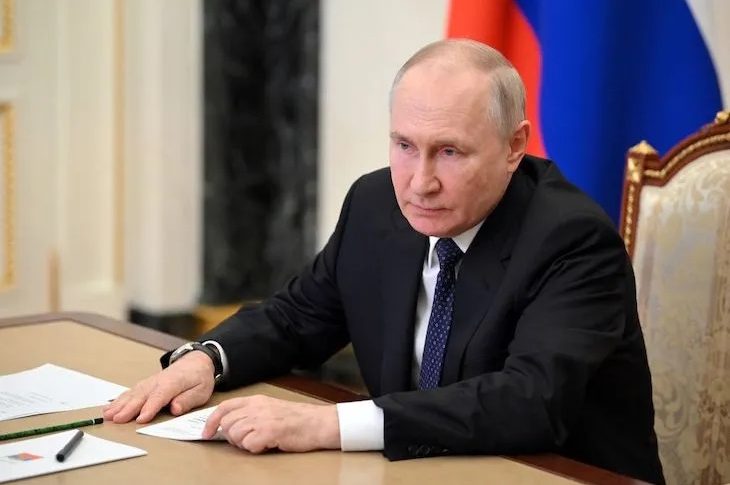Bulgaria is a country that doesn’t often feature on Britain’s radar — beyond being a location for cheap package holidays and even cheaper wine. But the arrest of three Bulgarian citizens who have lived in Britain for a long time and are being charged with spying for Russia may change that.
For the country bordering the Black Sea has long been Russia’s closest ally in Eastern Europe — and Moscow has a history of outsourcing its dirtier espionage operations to its Slavic sister state.
Bulgaria shares its Orthodox religion, its Cyrillic script and linguistic similarities with its big Russian brother — and during the Cold War was the most reliably compliant of the Kremlin’s Warsaw Pact vassal states.
In September 1978 the exiled Bulgarian writer Georgi Markov was waiting for a bus on London’s Waterloo Bridge when he felt a sharp pain in his thigh. A passing stranger apologized and picked up the umbrella with which he had apparently accidentally stabbed Markov.
The Bulgarian dissident had defected to the West in 1969, and had become notorious back home for his vitriolic attacks on Bulgaria’s communist dictator Todor Zhivkov which were broadcast by the BBC’s World Service, and by Radio Free Europe and Deutsche Welle in Germany.
Within hours of the umbrella incident Markov became seriously ill. When hospitalized, a tiny pellet was found under the skin of his thigh impregnated with Ricin, one of the most poisonous substances known to humanity. Markov soon died. Like the later cases of Alexander Litvinenko and Sergei and Yulia Skripal, he had become a victim on British soil of the Kremlin’s active poisons department — on this occasion farmed out to Zhivkov’s secret service to silence a critic who had become an embarrassing nuisance.
Bulgaria’s communist regime collapsed in 1989 along with the rest of Eastern Europe’s communist states, and in one of the more bizarre twists of history, its last monarch Simeon Saxe Coburg Gotha, who had lost his throne to the communists in 1946 , briefly became prime minister in 2001. Within a few years Bulgaria had joined both NATO and the EU, and seemed firmly embedded in the Western alliance.
But the ties of race, religion and culture are not so easily shaken off, and Bulgaria’s historic bonds with Russia are clearly still intact on some levels. With Russia’s own nationals in Britain under close surveillance after Putin’s invasion of Ukraine, it is unsurprising that the Kremlin appears to be turning to its Bulgarian buddies and calling in some old favors.
This article was originally published on The Spectator’s UK website.

























